BRUSSELS (Reuters) – Britain’s weakened prime minister, Theresa May, appealed to fellow EU leaders on Thursday for concessions to help her win support in parliament next month for a deal that can smooth Britain’s exit from the European Union.
Arriving at a Brussels summit a day after a failed attempt to topple her at home, May said she was not expecting an immediate breakthrough but wanted help to get a Brexit package she agreed with the EU last month ratified in London, where many in her Conservative Party say it falls far short of what Britain can accept.
May was met largely by readiness to help from European Union leaders but also by a warning: we will not reopen the divorce agreement struck last month.
She launched her pitch over dinner to leaders who have said that some kind of declaratory text aimed at easing British concerns could be delivered on Thursday, with possibly more to come next month before May puts her package to lawmakers.
Diplomats said one option would be to put a date — possibly end-2021 — as a non-binding target for concluding a close EU-UK trade alliance that would end the need for the “Irish backstop” — a mechanism anathema to May’s party.
However, even introducing an aspirational date would be hard for some, including Dublin, to accept, as May struggles to find a way to satisfy her critics’ demand for a strict time-limit.
The backstop could leave Britain tied forever to EU customs rules until a better way is agreed to ensure there are no disruptive frontier controls on Northern Ireland’s land border with the Irish republic.
Britain’s departure from the EU, its biggest shift in trade and foreign policy for over 40 years, is proving far from easy, complicated by the deep divisions in her Conservative Party.
With less than four months before Britain is due to leave on March 29, May faces deadlock in parliament over the deal, which has hardened positions at home, throwing up more uncertainty for businesses trying to predict what will happen to the economy.
“I recognise the strength of concern in the House of Commons and that is what I will be putting to colleagues today,” May said. “I don’t expect an immediate breakthrough, but what I do hope is that we can start work as quickly as possible on the assurances that are necessary.”
EU leaders were clear. They all said they needed to know exactly what May wanted to secure in Brussels but also warned that Britain could not renegotiate the withdrawal agreement.
While others tried to temper their language by expressing a desire to help May, French President Emmanuel Macron was blunt.
“We cannot reopen a legal agreement, we can’t renegotiate what was negotiated for several months,” he told reporters. “It’s up to Theresa May to tell us what political solution she expects to pursue to find a majority for this deal.”
German Chancellor Angela Merkel was less strident, saying: “We can of course talk about whether there are additional assurances but in this the 27 EU members are together and will make their interests clear, although always in the spirit that we want very, very good relations with Great Britain after Great Britain has left the European Union.”
MAY SURVIVES
May won Wednesday’s party ballot 200-117 but the size of the vote against her deepened divisions just weeks before parliament needs to approve a deal to prevent a disorderly exit from the EU. Victory also came at a price – May promised she would step down by the next election scheduled for 2022.
Her spokeswoman said that the Brexit deal would be put before parliament “as soon as possible” in January.
A draft EU statement said leaders were merely “ready to examine” whether further assurance can be given.
Austrian Chancellor Sebastian Kurz said it was hard to know what the EU should give to May because it was not clear what she needs to win over opponents. “Not all the arguments of Brexit supporters are rational,” he said.
Lithuanian President Dalia Grybauskaite put it more bluntly. “Brexit Christmas wish: finally decide what you really want and Santa will deliver,” she said on Twitter in posting a picture of a chocolate Christmas tree.
BACKSTOP BATTLE
The level of opposition to her deal was underlined earlier this week when May was forced to delay a parliamentary vote on her deal for fear of a defeat.
May wants legal assurances that the backstop will not remain in place indefinitely.
The EU’s draft statement, seen by Reuters, reiterated that it prefers a new trade deal to triggering the Irish backstop and it would try to conclude one swiftly, even if the emergency border fix kicks in.
Diplomats expect it to change after May tells the other national leaders what she needs. They suggested the EU may be readying more solid assurances for May in January.
“Today is about de-mystifying this whole Northern Ireland backstop. Nobody in the EU wants to use it. But we need to have it,” said Dutch Prime Minister Mark Rutte.
Additional reporting by Kate Holton, Kylie MacLellan, William James and Paul Sandle in London and Alastair Macdonald, Jan Strupczewski, Alissa de Carbonnel, Michel Rose and Philip Blenkinsop in Brussels, Editing by David Stamp

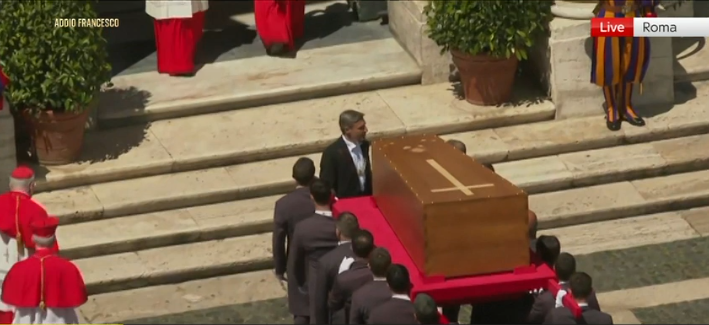
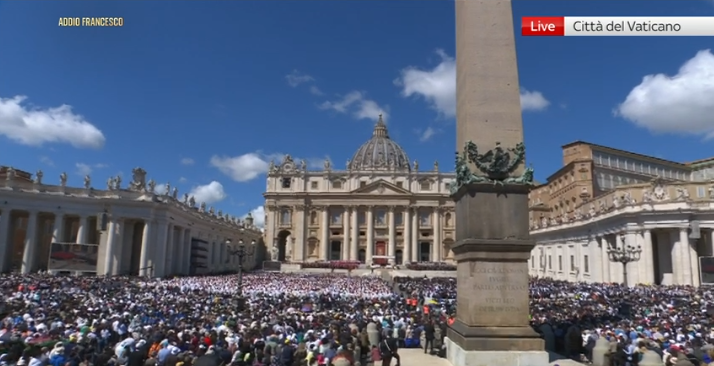
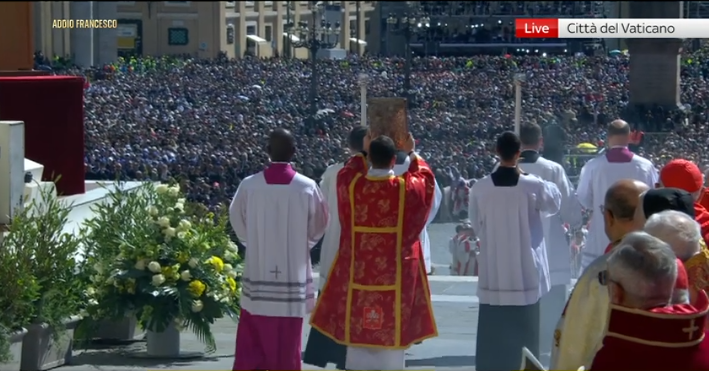
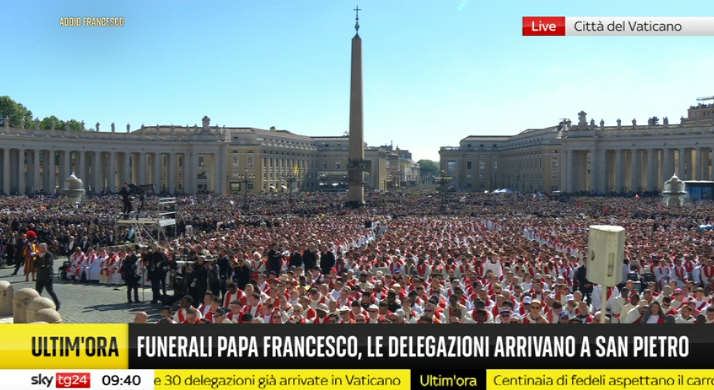
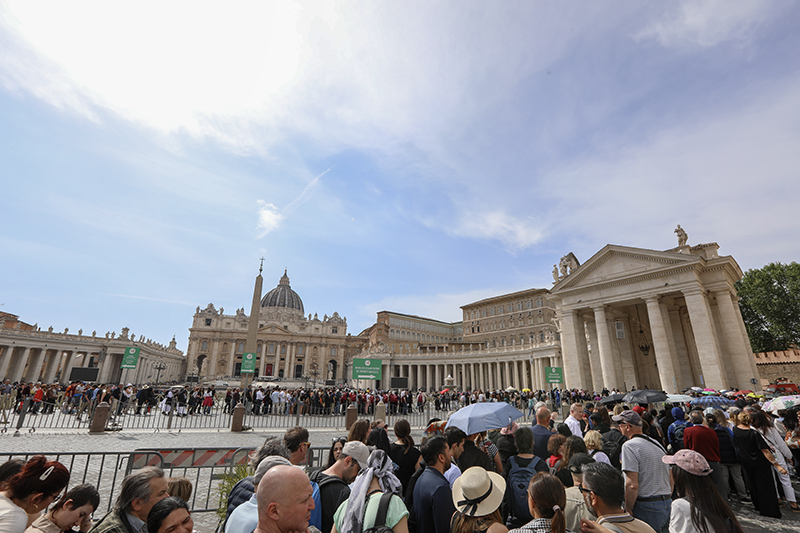
Leave a Reply